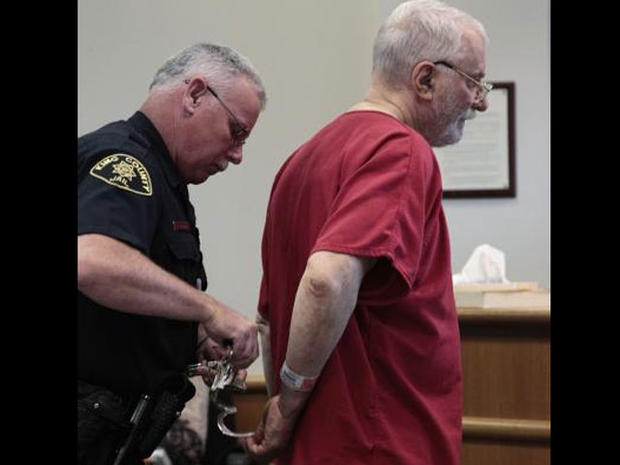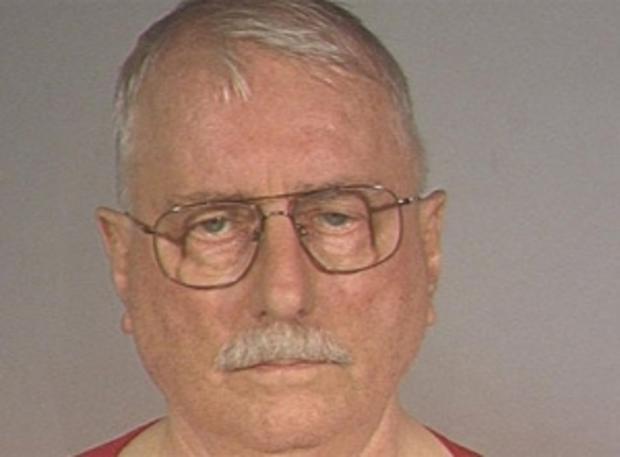Ex-cop wanted in 1957 Ill. girl's murder will face charges
(CBS/AP/KIRO) SEATTLE - A former Washington State police officer accused of murdering an Illinois girl 54 years ago has agreed to return to there to face charges.
71-year-old Jack Daniel McCullough Wednesday waived his right to fight extradition in the 1957 slaying of 7-year-old Maria Ridulph of Sycamore, Ill. McCullough was a teenager when the girl was killed.
McCullough was a police officer in two Washington state towns in the 1970s and 80s. He was arrested at his home in Seattle after authorities said new evidence undermined his alibi in the killing.
McCullough waived extradition in a hearing in King County Superior Court in Seattle. Dan Donohoe, a spokesman for the county prosecutor's office, said he would be transported to DeKalb County, Ill., within 30 days, reported CBS affiliate KIRO.
"The sooner he gets to Illinois and gets his trial, the sooner he can come home," McCullough's stepdaughter, Janey O'Connor, said after the hearing. "He's been saying all along he wants to go to Illinois and prove he's innocent."
McCullough was arrested early this month at the Seattle nursing home where he was living and working as a night watchman, according to KIRO.
In 1957 McCullough went by the name John Tessier, and lived near the girl in Sycamore, 50 miles west of Chicago. He matched the description of the suspect given immediately after the the girl's then-8-year-old friend, Cathy Sigman, the station reported.
She last saw Maria Ridulph on Dec. 3, 1957, at about 6 p.m. Sigman said she left Maria with a young man and ran home to get some mittens; when she returned 15 minutes later, the two were gone.
Thousands of people joined in the search for the missing girl, and fearful parents kept their children locked indoors. The case ultimately caught the eye of President Dwight D. Eisenhower and FBI Director J. Edgar Hoover, who requested daily updates.
Maria's remains were found the following April, about 120 miles away.
In a jailhouse interview with The Associated Press on July 7, McCullough said he didn't kill the girl and maintained the same alibi he gave when first questioned by investigators when he was 18: that he could not have committed the murder because he had traveled to Chicago that day for military medical exams before enlisting in the Air Force.
He insisted his military personnel records at a National Archives repository in St. Louis would help exonerate him, but an archivist confirmed to the AP that McCullough's file was destroyed in a fire there in 1973.
Police haven't revealed why they took another look at Ridulph's case.

